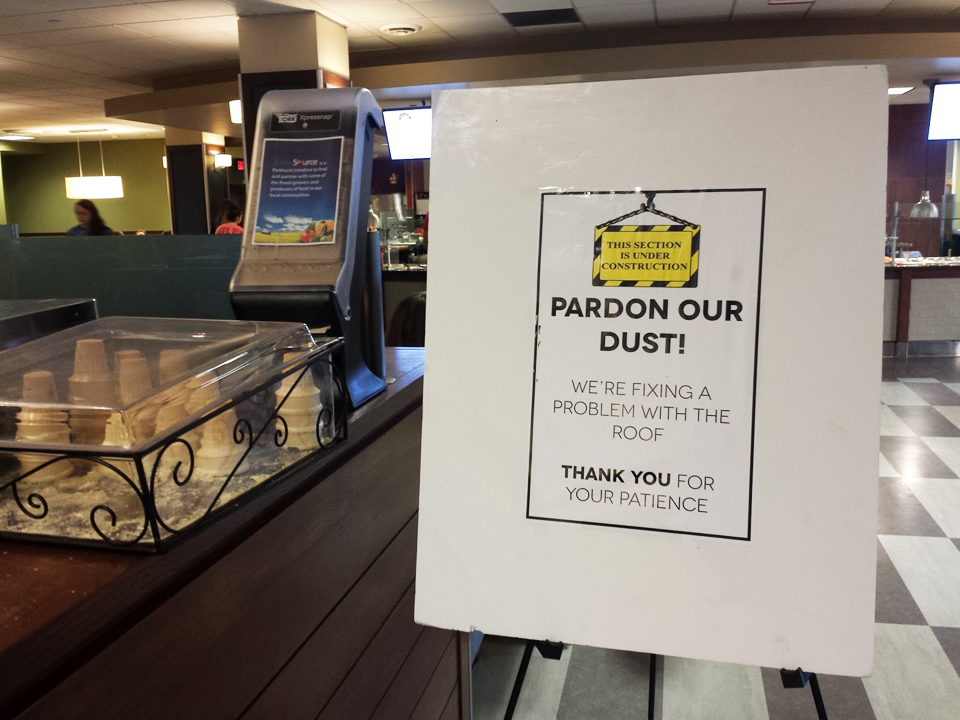
By Raymond Arke | The Duquesne Duke
Pittsburgh will blaze a new trail in 2016.
Pittsburgh City Council recently became the second city in Pennsylvania, after Philadelphia, to decriminalize possession of marijuana. This reduces the penalty for those caught with small amounts of cannabis, without making the substance legal.
City Council approved the new policy Dec. 21 with a 7-2 vote, which lessens the consequences for being caught with pot to a fine, instead of criminal charges.
“Now [possession] is more like jaywalking than assault, in terms of penalties,” Duquesne law professor Wesley Oliver said.
According to the legislation, anyone caught possessing up to 30 grams of marijuana will have to pay a $100 fine. The previous punishment was a $500 fine and up to 30 days in jail.
This adjustment will reduce the number of Pittsburghers showing up in court on misdemeanor charges, according to the office of District 6 Councilman Daniel Lavelle, who sponsored the measure.
Daniel Wood, Lavelle’s spokesman, said the idea behind the change was to give those caught with pot a second chance.
Under the new ordinance, Wood wrote in an email to The Duke, “a mistake one would have committed in their youth won’t adversely affect their employment/housing prospects for the rest of their lives.”
Patrick Nightingale, a Pittsburgh criminal defense attorney, helped write the city’s decriminalization measure. He was inspired by the success of Philadelphia’s legislation, which was adopted in 2014.
“After a year it has proven to be quite successful in reducing the number of Philadelphians facing misdemeanor charges,” Nightingale said. “We hope to see a reduction consistent with Philadelphia’s 80 percent reduction.”
A January 2015 article in the Philadelphia Inquirer reported that the city experienced an 88 percent drop in total arrests in the three months after the city adopted decriminalization measures.
Nightingale said Pittsburgh’s change is coming at a time when marijuana is more accepted as a casual-use substance, similar to alcohol. Few people accept the early 20th century propaganda that portrayed pot as a dangerous, hallucinogenic substance, Nightingale said.
“Without a doubt the attitude towards cannabis has changed significantly,” Nightingale said. “Almost no one continues to buy in to ‘reefer madness’ nonsense.”




